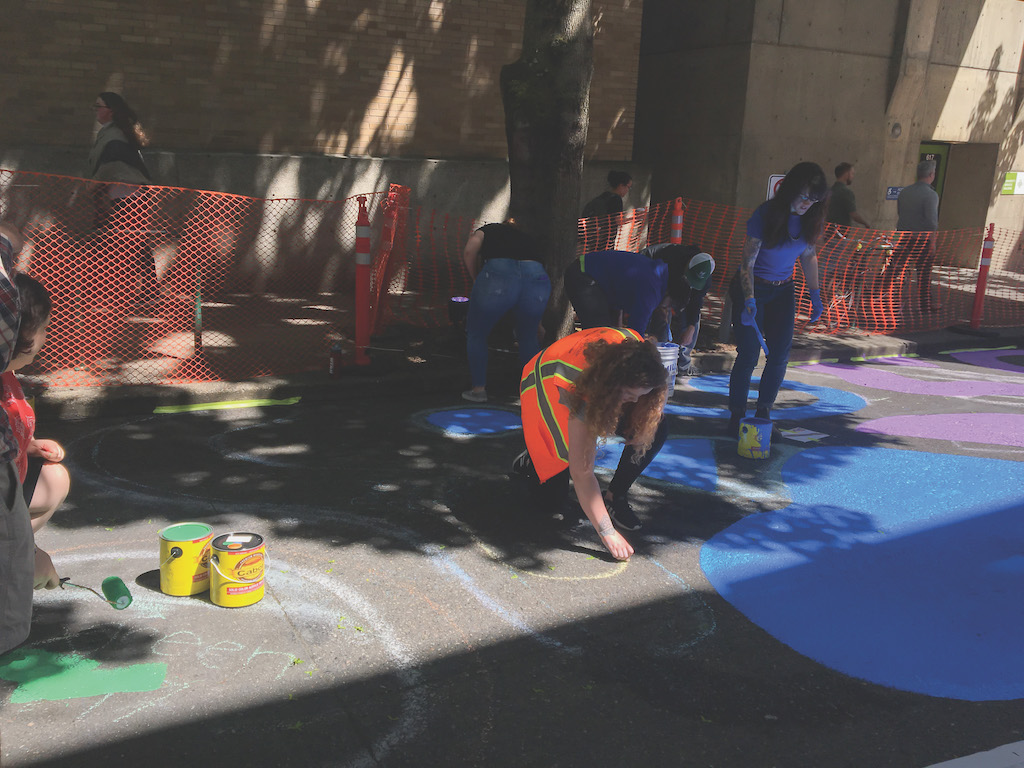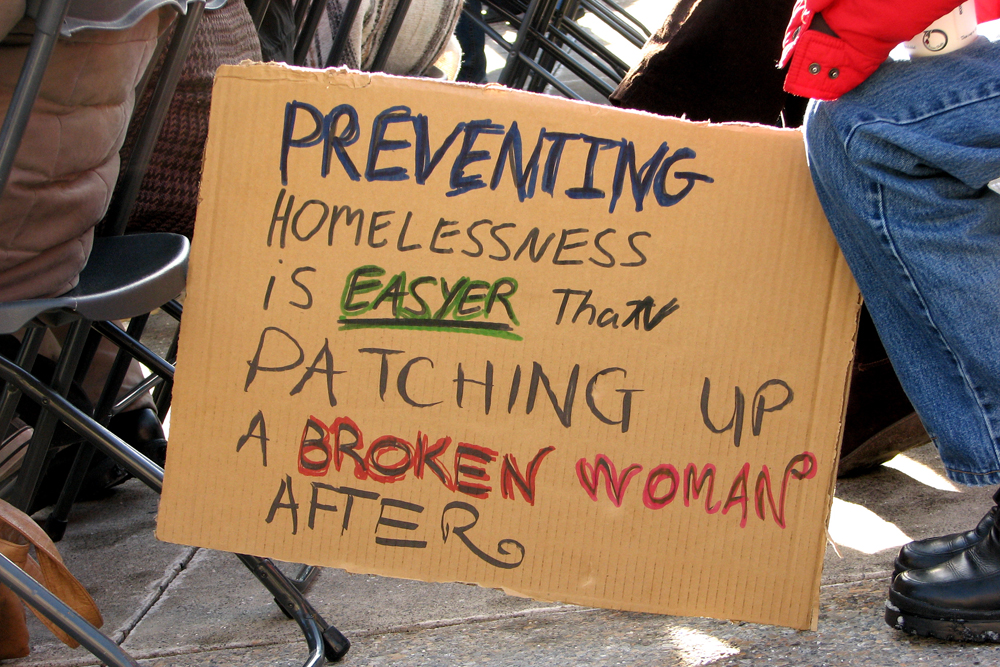Once upon a time at Portland State University…
Often Portland State University, in the crush and hustle of city life, feels unrooted from a specific history. Whereas most colleges laud their alumni, soar buildings to new heights with donations from rich and influential donors and constantly remind you of their own important past, PSU steadies itself with its constant focus on the future. The future of technology, the future of the job market (and how prepared the graduates are to enter it) and the future relationship it hopes to secure with the Oregon Legislature. A brief survey of past Vanguard newspapers reveal, though, how Portland State has been a center of regional and national politics, a stage for dramatic human chronicles unfolding before Oregon’s and the nation’s eyes and a central gathering place for citizens who longed-for equal opportunity and representation. Many of the most famous Portland State graduates never returned, seeking fame and influence in other larger and more powerful venues. All examples, however, surely began at this small university – formerly a washed up college (literally) on the banks of the Willamette. Today, PSU still awaits the respect it deserves. Thus far, PSU never has had the time to blow its own horn, although already the largest, most diverse and arguably the most dynamic university in the region. PSU focuses admirably on what is around the corner, but today we take a brief look back.
Ginsberg: May 19, 1967Controversial author and cultural critic Allen Ginsberg performs a poetry reading attended by over 700 people. PSU President Millar attempts to stall the performance by citing inadequate crowd control mechanisms and requiring Ginsberg to sign a proprietary statement vowing not to remove his clothing. Vanguard publishes photograph of partially nude Ginsberg on front page, drawing the ire of President Millar.
Stoudamire: February 22, 1980 The Vanguard reflects on past athletic glory during a present athletic drought. Willie Stoudamire (yes, father of that Potland Trail Blazer, Damon) along with his brother Charlie, Leo Franz and Jerry Stephens dominate PSU basketball in the early 1970’s. They lead the Vikings to an unprecedented winning record. The head coach is Marion Pericin and the gym is known as “blood alley.” Apparently, some things do change.
Volcano: May 30, 1980 PSU Graduates Robert Kaseweter (’66) and Beverly Wetherald (’73), along with an earth sciences department ham radio operator, are caught in Mount St. Helens’ volcanic fury. They are presumed to be dead after not contacting family members for over a week. They were attempting to photograph the eruption.



